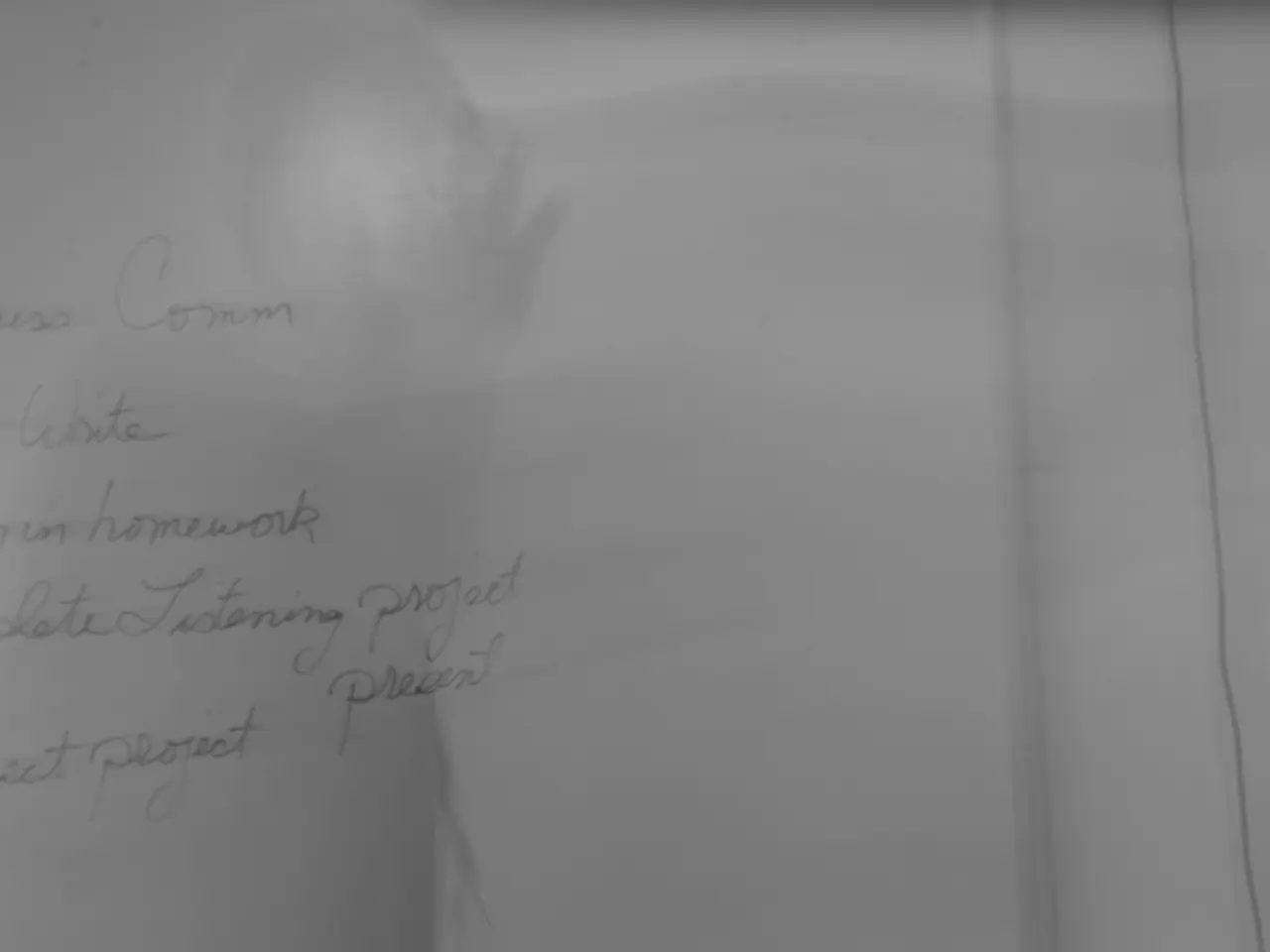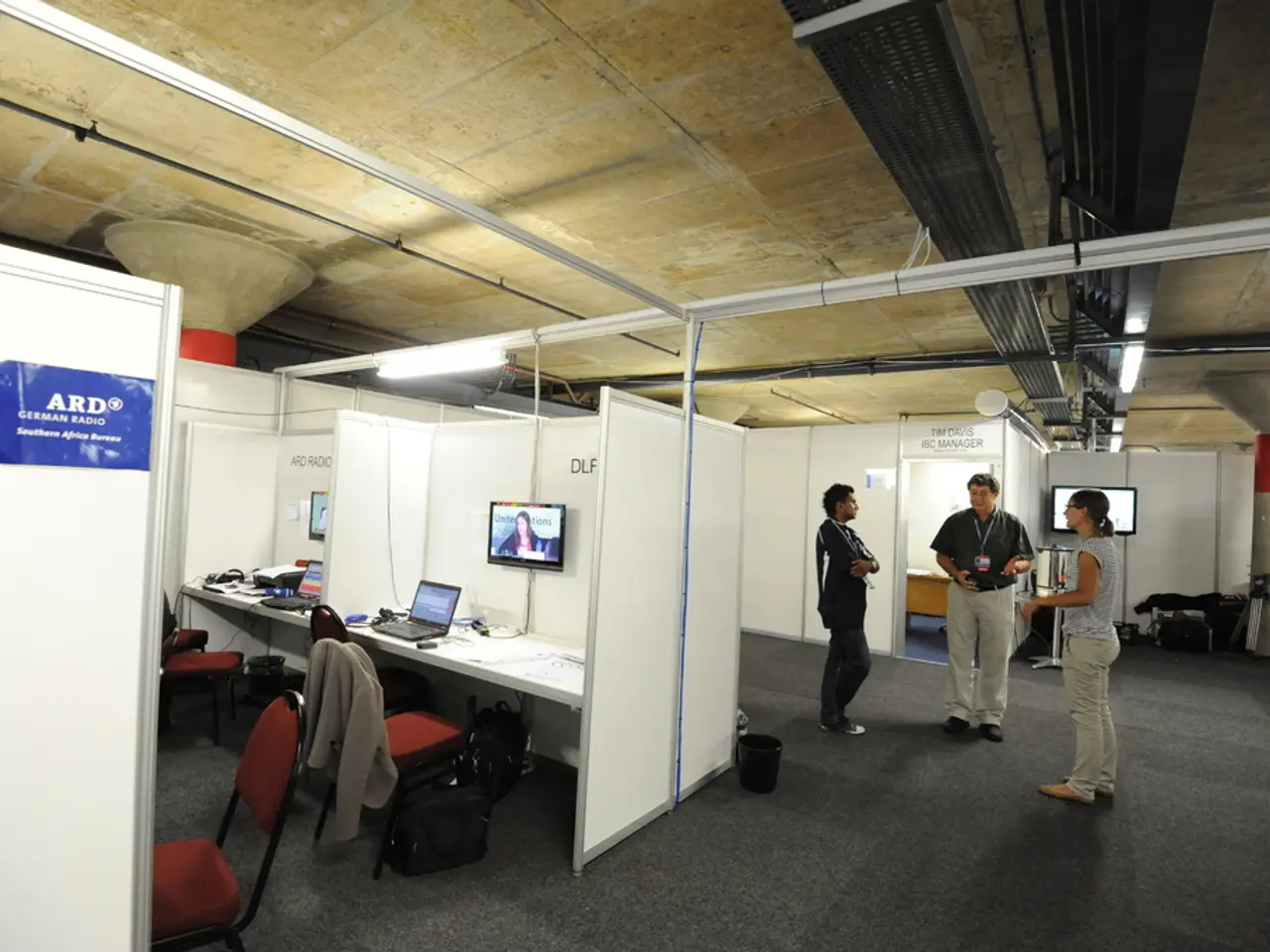Liability for fraudulent trading under the Insolvency Act in the UK is not limited to corporate insiders, according to a ruling by the Supreme Court.
In a significant ruling that serves as a reminder for third parties to exercise due diligence when dealing with businesses, the Supreme Court of the United Kingdom has clarified the scope of Section 213 of the Insolvency Act 1986. The case, Bilta (UK) Ltd (in liquidation) and others v Tradition Financial Services Ltd, establishes that not only company directors but also third parties who knowingly participate in fraudulent conduct can be held liable to contribute to the company's assets for the benefit of creditors.
Section 213 of the Insolvency Act 1986 provides a useful statutory tool for insolvency practitioners to pursue those who have defrauded creditors, provided the requisite intention can be established. The clarification on the scope of section 213 is arguably unsurprising on a plain reading of the statute, but will nonetheless be welcome to insolvency practitioners and creditors, as it provides clear authority for the pursuit of third parties who knowingly trade with insolvent businesses.
The Bilta case demonstrates the potential consequences for third parties involved in complex fraud schemes. The decision confirms that Section 213 claims can be brought against such third parties, affirming the extra-territorial reach of these claims (i.e., claims can be made regardless of the defendant’s location). Liability may include contributions to the company’s assets for creditor benefit, criminal penalties such as fines or imprisonment, and disqualification from acting as a director.
The fraudulent trading liability targets those who deliberately engage in business with intent to defraud creditors, as opposed to wrongful trading which involves negligence rather than dishonesty. The standard of proof for fraudulent trading is high and requires evidence of actual dishonesty or intent to deceive. Liability can attach to any person knowingly involved, including third parties outside the company, not only directors or officers.
The Supreme Court found that section 213's scope is not restricted to directors or "insiders" and that third parties who transacted with the company can be made liable, provided they had the necessary level of knowledge at the time. The ruling expands the potential scope of liability for fraudulent trading, making it an uphill battle for previously liquidated companies to argue that time should be paused for limitation purposes during their dissolution.
However, the limitation period for dishonest assistance claims in the context of fraudulent trading under Section 213 may depend on when the claimant company should have discovered the fraud, as determined by the "reasonable diligence" test. In the Bilta case, the Supreme Court determined that the claimant companies' parallel claims against Tradition for dishonest assistance were time-barred, as they were brought in 2017, more than six years after the alleged dishonest assistance took place in 2009.
The case involved a complex VAT fraud scheme using several companies, with Tradition Financial Services acting as a broker within the scheme. The ruling contrasts with the decision in OT Computers Ltd V Infineon Technologies AG where it was held that the reasonable diligence threshold would be different for a non-trading company in liquidation (managed by liquidators) than for a trading company.
In conclusion, under Section 213 and per the Bilta case, the scope of liability is broad and deliberately targets all parties who knowingly engage in fraudulent trading, ensuring third parties dealing with such a business can be held accountable under UK insolvency law. This serves as a reminder for third parties to exercise due diligence when dealing with businesses to avoid potential liability for fraudulent trading.
Section 213 of the Insolvency Act 1986 allows insolvency practitioners to pursue third parties who knowingly trade with insolvent businesses, as demonstrated in the Bilta case. The Supreme Court's ruling states that section 213's scope is not limited to directors or "insiders" and includes third parties who knowingly participate in fraudulent conduct.
The clarification on the scope of section 213 is significant for businesses involved in commerce, as it highlights the importance of exercising due diligence when dealing with companies to avoid potential liability.




